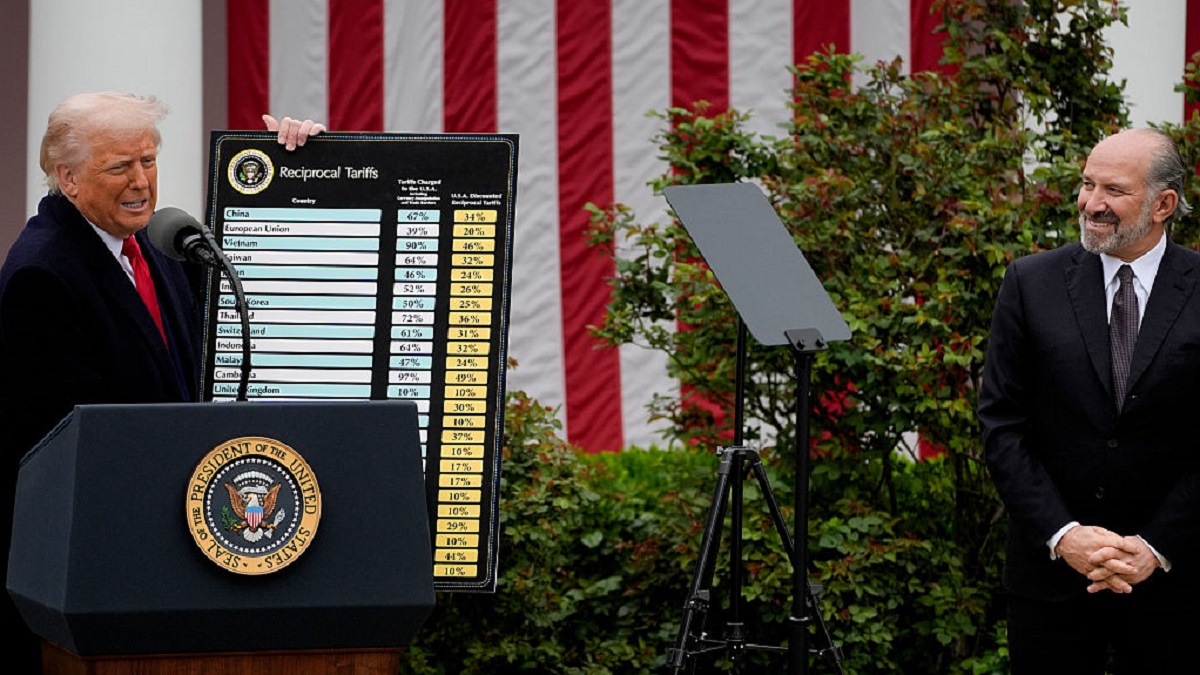U.S. emphasizes deal quality over speed as tariff deadline nears
BY Insider Desk
July 23, 2025

The Trump administration remains committed to securing high-quality trade agreements, rather than meeting the August 1 deadline for new deals, U.S. Treasury Secretary Steven Mnuchin said on Monday, suggesting countries may face higher tariffs if negotiations falter.
“We’re not going to rush for the sake of doing deals,” Bessent told CNBC, days before the deadline that could trigger steep tariffs on countries without bilateral trade agreements with Washington.
When asked about the possibility of deadline extensions, Bessent said the decision rests with President Donald Trump. “If we somehow boomerang back to the August 1 tariff, I would think that a higher tariff level will put more pressure on those countries to come up with better agreements,” he said.
Despite the administration’s stated objective to finalise agreements with multiple nations, talks with key partners—including India, Japan, and the European Union—have stalled, prompting concerns over a looming wave of protectionist measures.
White House Press Secretary Karoline Leavitt said trade may feature in Trump’s upcoming meeting with Philippine President Ferdinand Marcos Jr., but offered no details on pending agreements. She added that new trade deals or formal tariff notifications could be issued before August 1.
European Union diplomats, meanwhile, said member states were preparing broader retaliatory options amid dimming hopes for a mutually acceptable agreement. These could include targeting U.S. services or restricting access to European public tenders under “anti-coercion” mechanisms.
German Chancellor Friedrich Merz criticised the lack of reciprocity in current talks. “The Americans are quite clearly not willing to agree to a symmetrical tariff arrangement,” he said.
Bessent also confirmed that trade discussions with China were imminent. While describing trade ties as being “in a good place,” he raised concerns over Beijing’s continued import of sanctioned oil from Iran and Russia. He also cited structural imbalances in China’s industrial output, particularly in steel, as a point of contention.
Bessent urged European allies to consider aligning with the U.S. if secondary tariffs on Russia were implemented. His comments followed a recent visit to Japan, where he said domestic politics were less of a concern than securing favorable trade terms for American interests.
Tags:
Most Read

Electronic Health Records: Journey towards health 2.0

Making an investment-friendly Bangladesh

Bangladesh facing a strategic test

Understanding the model for success for economic zones

Bangladesh’s case for metallurgical expansion

How a quiet sector moves nations

A raw material heaven missing the export train

Automation can transform Bangladesh’s health sector

A call for a new age of AI and computing
You May Also Like
